18.01.2023
Brown propolis from European Union countries (Poland, Romania, Hungary, Bulgaria)
symbol: PR/EU/39
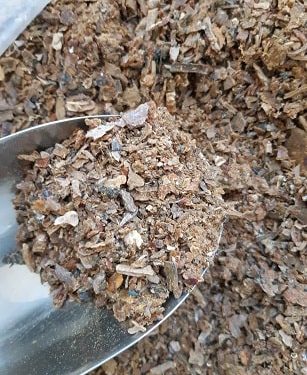
Raw propolis (crude), extracts
Pharma quality, food quality
18.01.2023
symbol: PR/EU/39

18.01.2023
symbol: PR/EU1/40
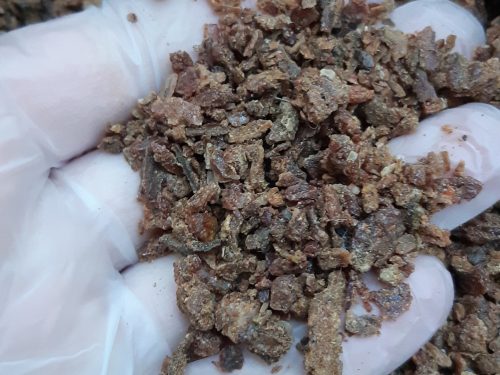
23.11.2022
symbol: PR/ECZ/42
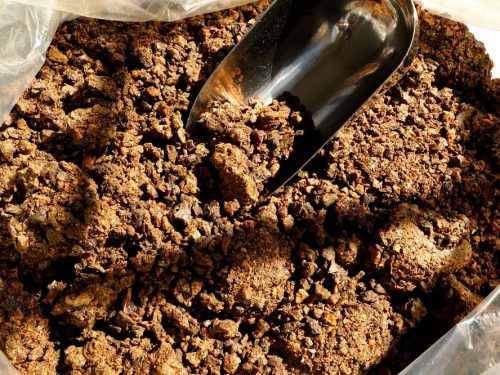
22.11.2022
symbol: PR/UY/49
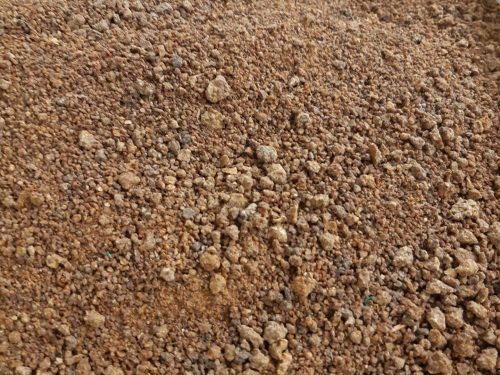
22.11.2022
symbol: PR/BIO/41
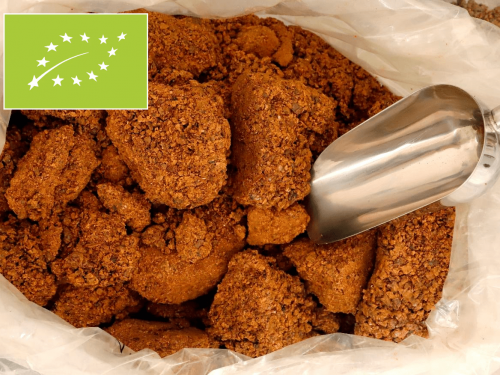
21.11.2022
symbol: PR/BR/44
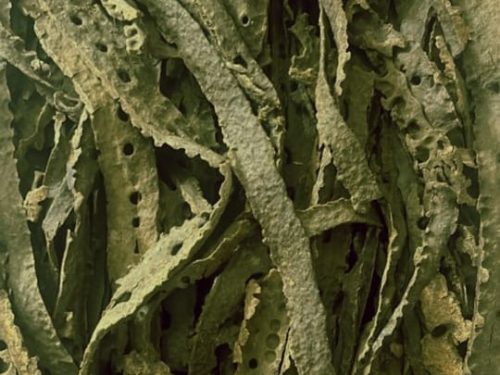
21.11.2022
symbol: PR/IN/45
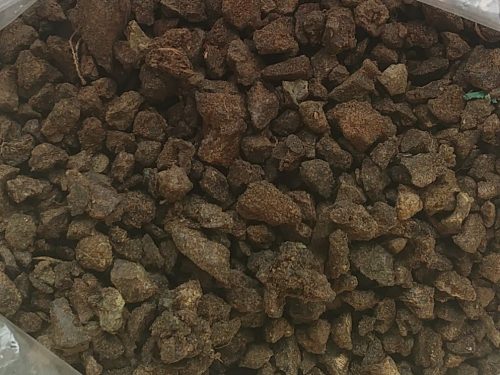
08.09.2022
RPP/90/02
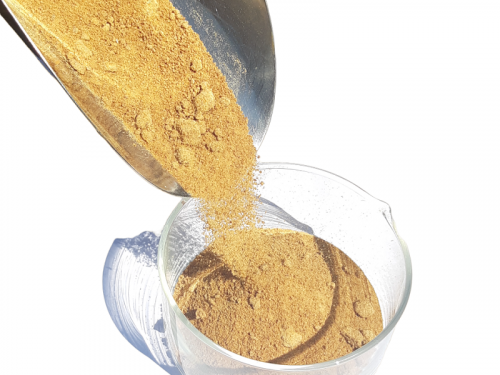
08.09.2022
RPP/95/01
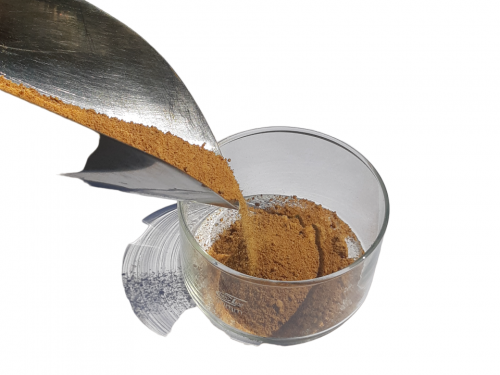
08.09.2022
symbol: DEP/50/01
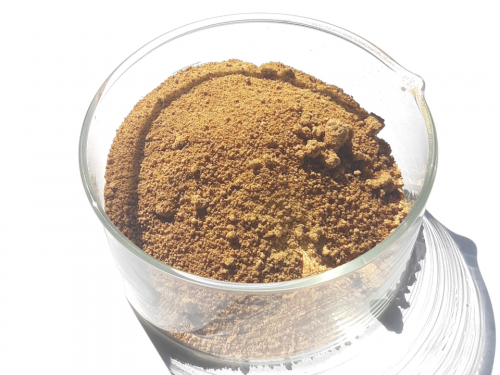
Proven quality
Propolis is a material that is very difficult to reach. Nevertheless, we make every effort to ensure that the shortage does not affect its quality.
Scientific support
We cooperate with scientists from research units who test the material we provide.
Constant availability
In Prokit you can buy propolis all year round! Our job is to do everything, so that there is no shortage of this valuable material.
Propolis is a rich mixture of resinous organic compounds collected by bees from plant exudates, leaf buds and cracks in the bark of various plants. The resins are collected by bees and mixed with the wax produced by them. During this process, digestive enzymes hydrolyze some of the compounds, leading to the formation of so-called flavonoid aglycones. The bees deposit the processed material in the hive, where it is used to seal the holes and to protect – especially against microorganisms and insects, to give the queen an aseptic space. Propolis is also used to mummify intruders killed by bees.
The properties of propolis are related to its chemical composition. More than 300 chemical compounds that may be present in propolis have been identified, although not all occur simultaneously. The composition of propolis varies depending on the origin, climate and ecology of the region, the season of the year, as well as the breed of bees. However, despite differences in specific chemical compounds, most samples of crude propolis show significant similarity in major groups of compounds.
Currently propolis is one of the most important natural products of pharmacological significance. The following properties determine this:
Propolis can be used in its raw form, by applying it to treated areas (e.g. burns, whitlow, etc.) or as a propolis ointment useful in wound, ulcers, acne, herpes and genital herpes as well as neurodermatitis treatment (Banskota et al. 2001; Castaldo i Capasso 2002).
However, propolis is primarily processed to produce alcoholic extracts (ethanol or glycol) which are then sold as 7% tinctures. (used against upper respiratory tract infections, colds, flu-like infections) or are a substrate for further production. For example, propolis is used as an additive in birds feed (poultry and pigeons), in preparations for wood protection (technical application). Some beekeepers also buy propolis to give it to their bees (if these are varieties that don’t glue much).